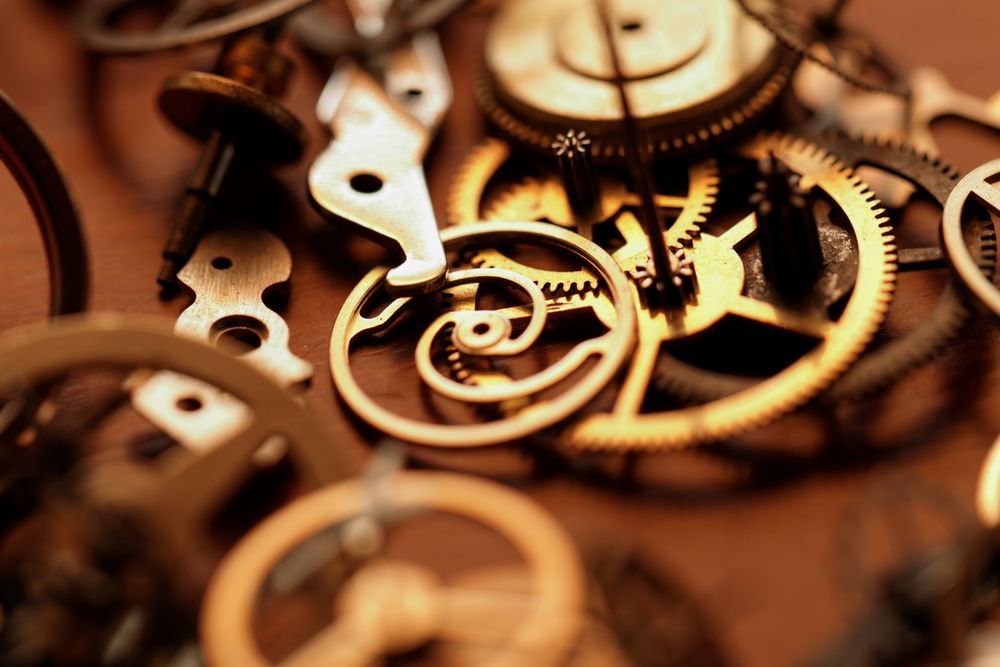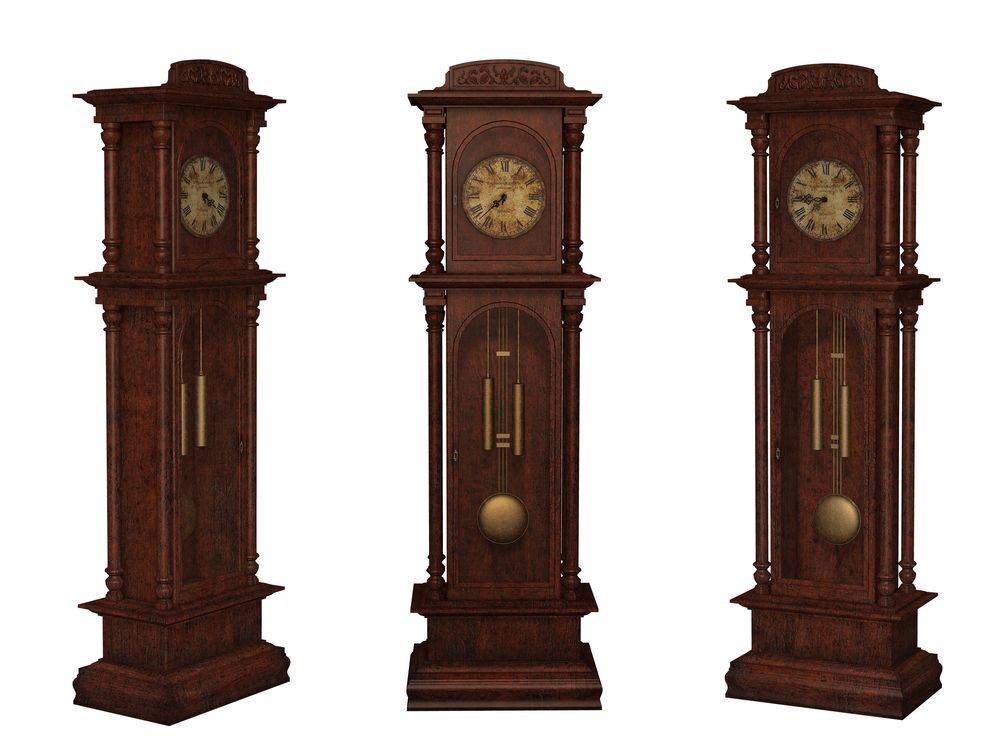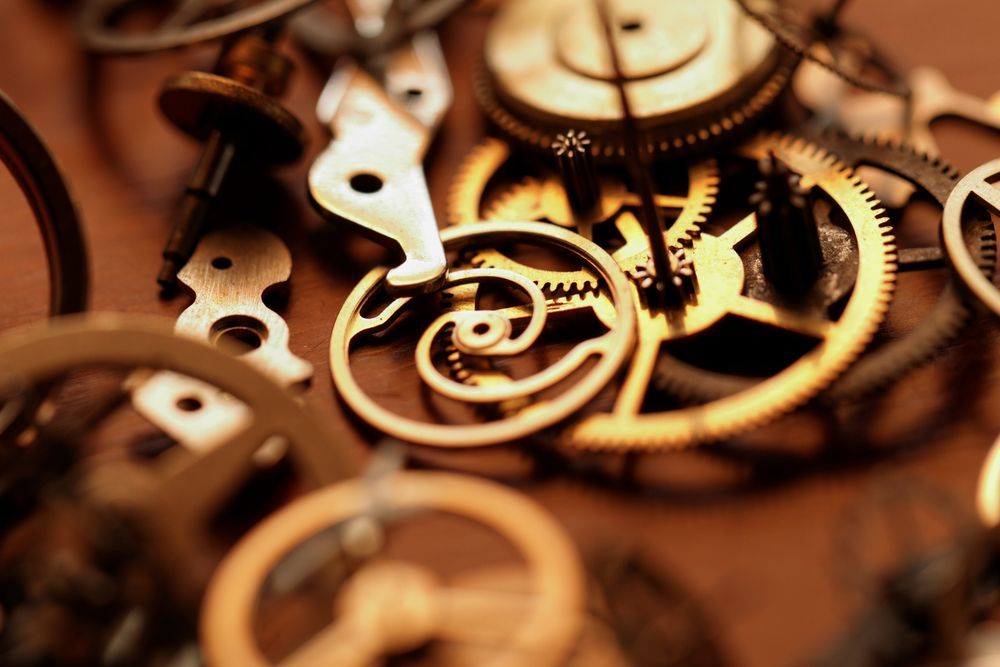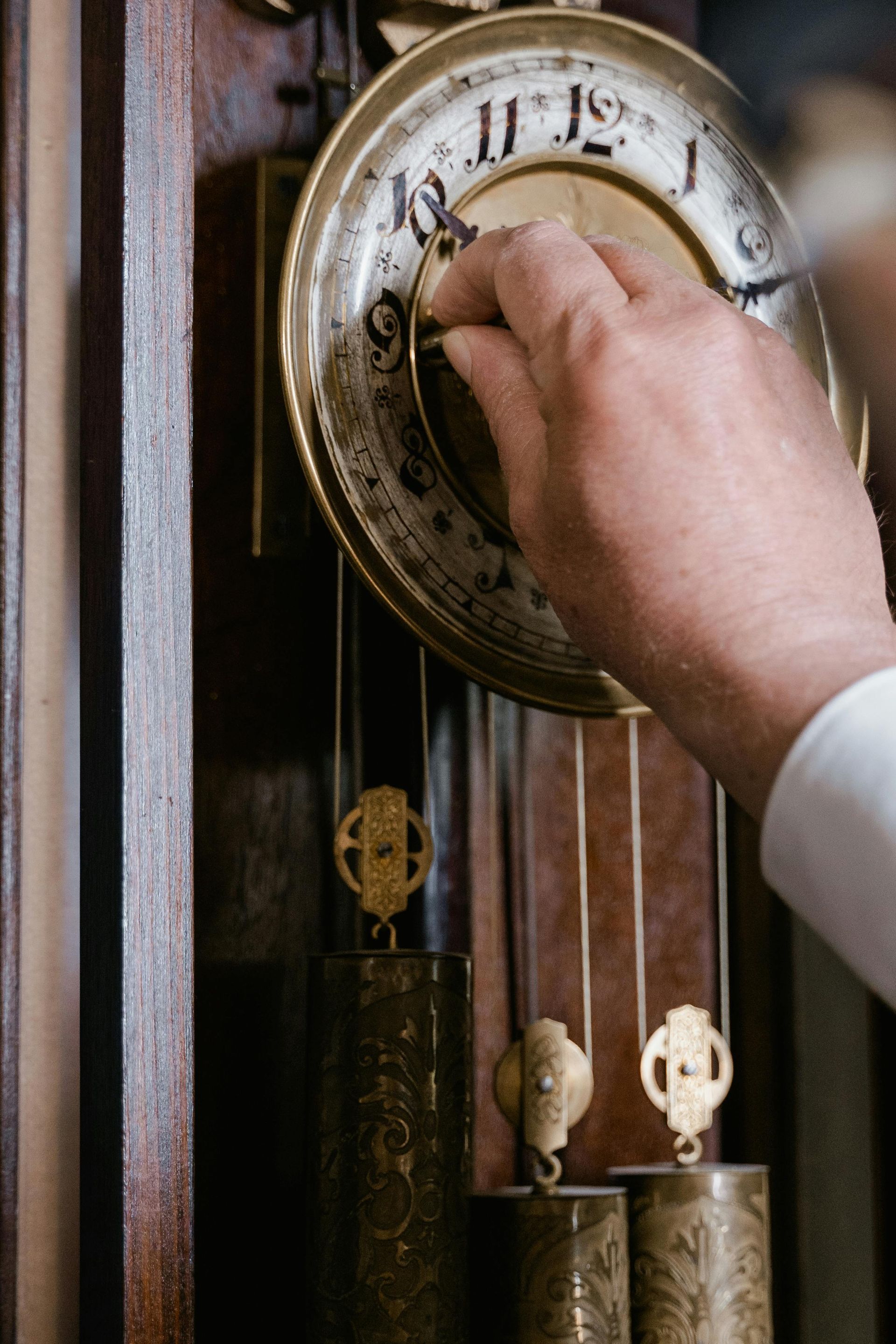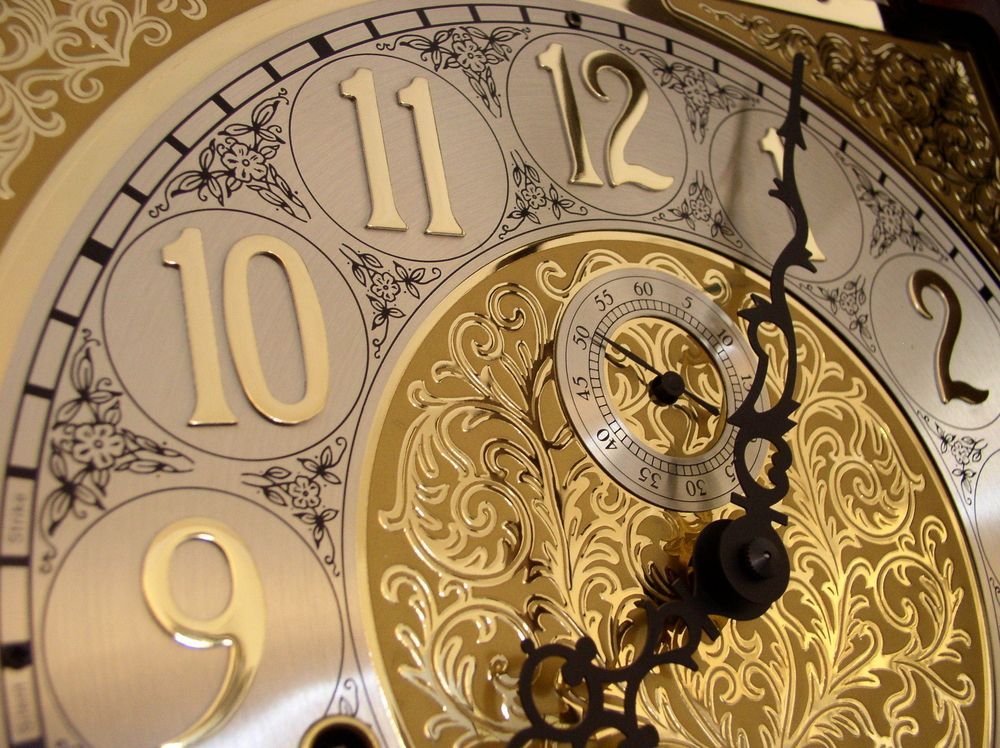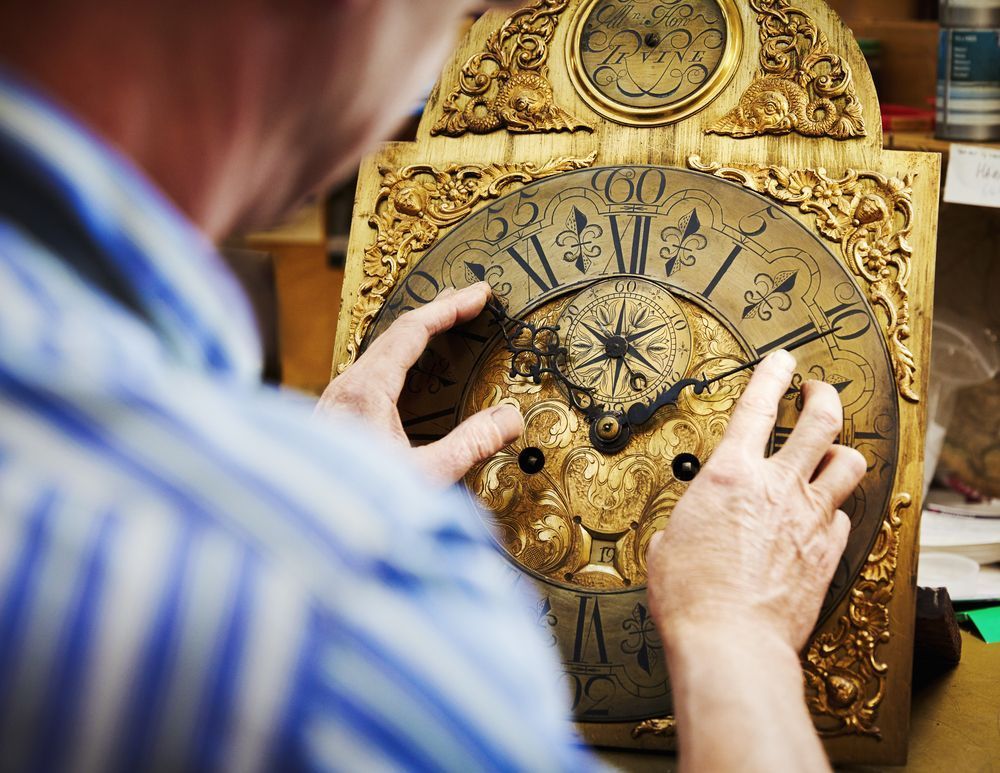Where to Get Your Grandfather Clock Professionally Serviced
A grandfather clock is more than just a timepiece—it is an heirloom, a symbol of tradition, and often a valuable investment. Proper maintenance and timely repairs are crucial to keeping these intricate mechanisms running smoothly for generations. Finding the right professional service for your grandfather clock can be challenging, but ensuring expert care will preserve its beauty, function, and longevity.
The Importance of Professional Grandfather Clock Service
Grandfather clocks are intricate mechanical devices that require specialized knowledge to maintain and repair. Unlike modern quartz clocks, these timepieces consist of delicate gears, pendulums, weights, and chimes that need precise adjustments. Here are some key reasons why professional service is essential:
1. Expertise in Complex Mechanisms
A professional clock technician understands the detailed inner workings of a grandfather clock. They have years of training in diagnosing and fixing mechanical issues, ensuring that your clock functions accurately.
2. Preserving Antique Value
If your grandfather clock is an antique or family heirloom, improper servicing could diminish its value. Professional servicing maintains its originality while ensuring smooth operation.
3. Preventing Further Damage
DIY repairs can lead to unintentional damage. A qualified clockmaker has the right tools and techniques to handle delicate components properly.
4. Regular Maintenance for Longevity
Like any mechanical device, a grandfather clock requires periodic maintenance. A professional service includes oiling, cleaning, and minor adjustments to prevent costly repairs in the future.
How to Find a Qualified Clock Technician
Finding the right clock technician for your grandfather clock repair requires research. Below are the key steps to ensure you hire a qualified expert.
1. Look for Certified Clockmakers
A reputable clock repair technician should have certifications from professional organizations such as:
- The American Watchmakers-Clockmakers Institute (AWCI)
- The National Association of Watch and Clock Collectors (NAWCC) These certifications indicate formal training and adherence to industry standards.
2. Check Reviews and Testimonials
Customer reviews provide insights into a technician's expertise and reliability. Look for businesses with positive feedback on platforms like Google, Yelp, or the Better Business Bureau.
3. Ask for Recommendations
If you have friends or family who own grandfather clocks, ask them for recommendations. Antique dealers and jewelers may also have trusted referrals.
4. Evaluate Experience and Specialization
Some technicians specialize in specific brands or types of grandfather clocks. Ask about their experience with your clock's make and model.
5. Visit Their Shop
A well-organized, professional repair shop is a good indicator of a technician's skill and dedication. Some services even offer free estimates while you wait.
Questions to Ask Before Hiring a Clockmaker
Before entrusting your grandfather clock to a technician, ask the following questions to ensure you are making the right choice:
1. How Long Have You Been Repairing Grandfather Clocks?
Experience matters. A clockmaker with decades of experience is more likely to have encountered and resolved various clock issues.
2. What Services Do You Offer?
Look for a technician who provides:
- Full cleanings and oiling
- Gear and pendulum adjustments
- Part replacements
- Chime and strike adjustments
- In-home service (for clocks that are difficult to transport)
3. Do You Provide a Warranty on Repairs?
A reputable clock repair service should offer a warranty on their work, ensuring that repairs are done properly and last for a reasonable period.
4. What Are the Estimated Costs?
While prices vary, a technician should be able to provide an upfront estimate before proceeding with repairs. Be wary of hidden fees.
5. How Long Will the Repair Take?
Depending on the complexity of the issue, some repairs take a few days, while others may require weeks. Get a clear timeline upfront.
What to Expect from a Professional Service
When you take your grandfather clock to a professional repair service, here's what you can typically expect:
1. Thorough Inspection and Diagnosis
A skilled technician will begin by thoroughly inspecting your clock to identify issues. They will check for:
- Misaligned gears
- Worn-out bushings
- Dirt buildup affecting movement
- Chime and strike malfunctions
2. Cleaning and Oiling
Clocks need to be regularly cleaned and oiled to prevent wear and tear. A professional service will:
- Disassemble and clean key components
- Apply high-quality clock oil to reduce friction
- Ensure all moving parts are properly lubricated
3. Necessary Adjustments and Repairs
If any parts are misaligned or malfunctioning, the technician will adjust or replace them as needed. Common repairs include:
- Fixing pendulum swings
- Aligning clock hands and chimes
- Replacing worn-out parts
4. Testing for Accuracy
After servicing, the technician will test the clock to ensure it keeps accurate time and functions smoothly. They will make final adjustments to improve performance.
5. Advice on Maintenance and Care
A reliable technician will offer maintenance tips to help you care for your clock, such as:
- Keeping it level on a sturdy surface
- Avoiding direct sunlight and extreme humidity
- Winding it carefully at regular intervals
Trust Chicago Clock Company for Expert Grandfather Clock Repair
If you are looking for professional, reliable grandfather clock repair, Chicago Clock Company is your go-to expert. With years of experience servicing all types of clocks, we provide top-notch repair, maintenance, and sales services. Our skilled technicians offer free estimates while you wait, ensuring transparency and convenience.
Why Choose Chicago Clock Company?
- Expert clock repair services, including in-home grandfather clock repair, for all major brands; we also accept repairs shipped to us from other states
- Battery replacement and maintenance for various clock types
- Certified technicians with extensive experience
- Transparent pricing with free in-store estimates
- Fast and reliable service to keep your timepiece running smoothly
Don't let your cherished grandfather clock fall into disrepair.
Call us today to schedule an appointment. Let us help you keep your timepiece in perfect working order for generations to come!


